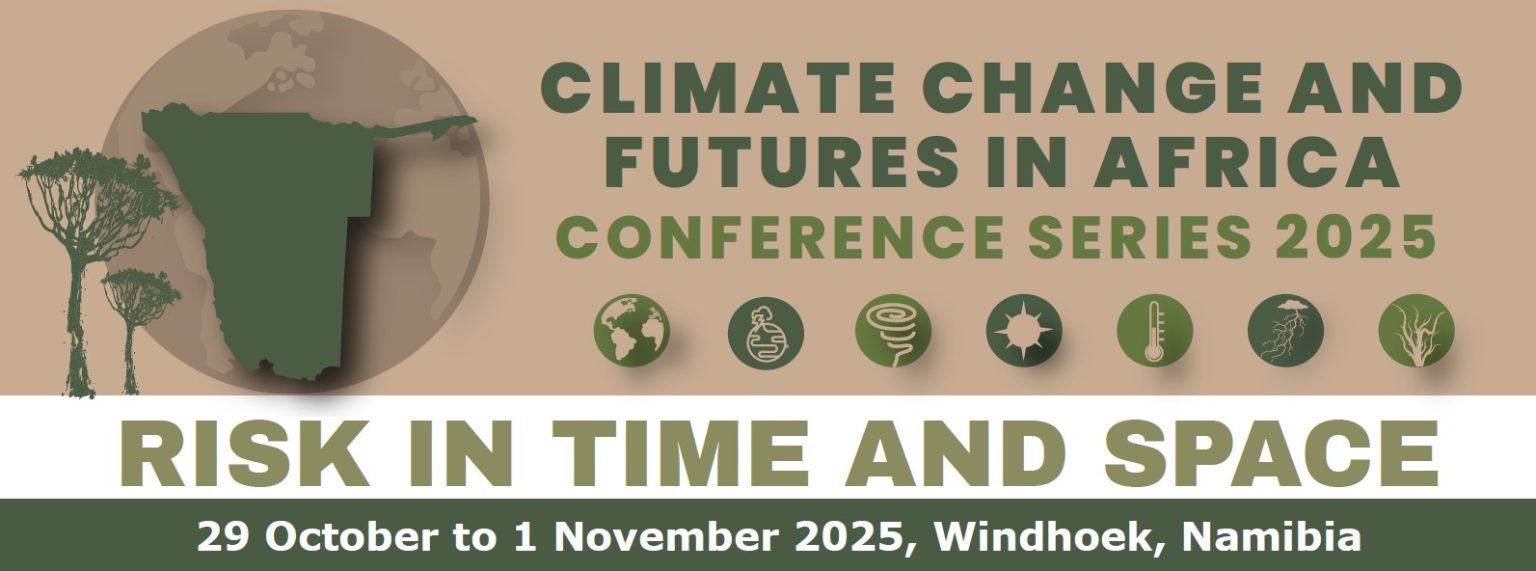
Event Date:
Oct 29, 2025 - Nov 1, 2025Host:
Human Sciences Research Council (HSRC)Location:
Windhoek, NamibiaExplore health-relevant side events, news and resources from the 2025 UN Climate Conference.
Health at COP30 >
Event Date:
Oct 29, 2025 - Nov 1, 2025Host:
Human Sciences Research Council (HSRC)Location:
Windhoek, NamibiaClimate change is fraught with contradictions and inconsistencies, particularly in the institutionalization and dissemination of climate change knowledge, which the Global North predominantly controls. Meanwhile, the Global South bears the brunt of its impacts, with limited resources for mitigation and adaptation and negligible support from the developed nations. Although climate change is slowly beginning to affect and change societies in the Global North, its impacts are still predominantly felt in the global periphery.
The challenge lies in approaching it as a global problem that interconnects regions while acknowledging the substantial inequalities in its socioeconomic reality and overall social impact, which follow a well-established global geopolitical order.
Despite being much discussed within the social sciences, there is still a lack of systematic focus on the consequences of global (anthropogenic) climate change for the Global South, particularly for the region of southern Africa. These societies are especially vulnerable to ecological system transformations due to their more fragile infrastructure, higher poverty rates, and ecological conditions. They face disasters related to climate change more intensely and frequently than other regions. The Windhoek, Namibia 2025 conference focuses on the theme “Risk in Time and Space,” highlighting the variability of disaster risks over time and space as one of the most challenging elements. All types of risks, whether socio-natural, technological, or climate-induced, are dependent on time and space, regardless of their origin.
The conference will bring together expert presentations by leading specialists in climate change, disaster risk reduction, and community-based participatory research (CBPR) will present cutting-edge trends and advancements in the field as well as:
Professor Ranjan Datta, Canada Research Chair in Community Disaster Research at the Indigenous Studies, Department of Humanities at Mount Royal University, Canada.
Keynote speech title: Indigenous Knowledge in Disaster Risk Reduction and Prevention through Development Policies in African Regions.
Dr Olivia Kunguma, Free State University (UFS)’s Disaster Management Training and Education Centre, South Africa.
Keynote speech title: Alert and Warning in the Climate Change Era: Reconsidering a Risk Communication Consensus.
Prof. Ioannis Pitas (IEEE fellow, IEEE Distinguished Lecturer, EURASIP fellow), a Professor at the Department of Informatics of AUTH, and a chair of the International AI Doctoral Academy (AIDA) https://www.i-aida.org/.
Keynote speech title: AI and Big Data Analytics for Natural Hazards in Disaster Risk Management